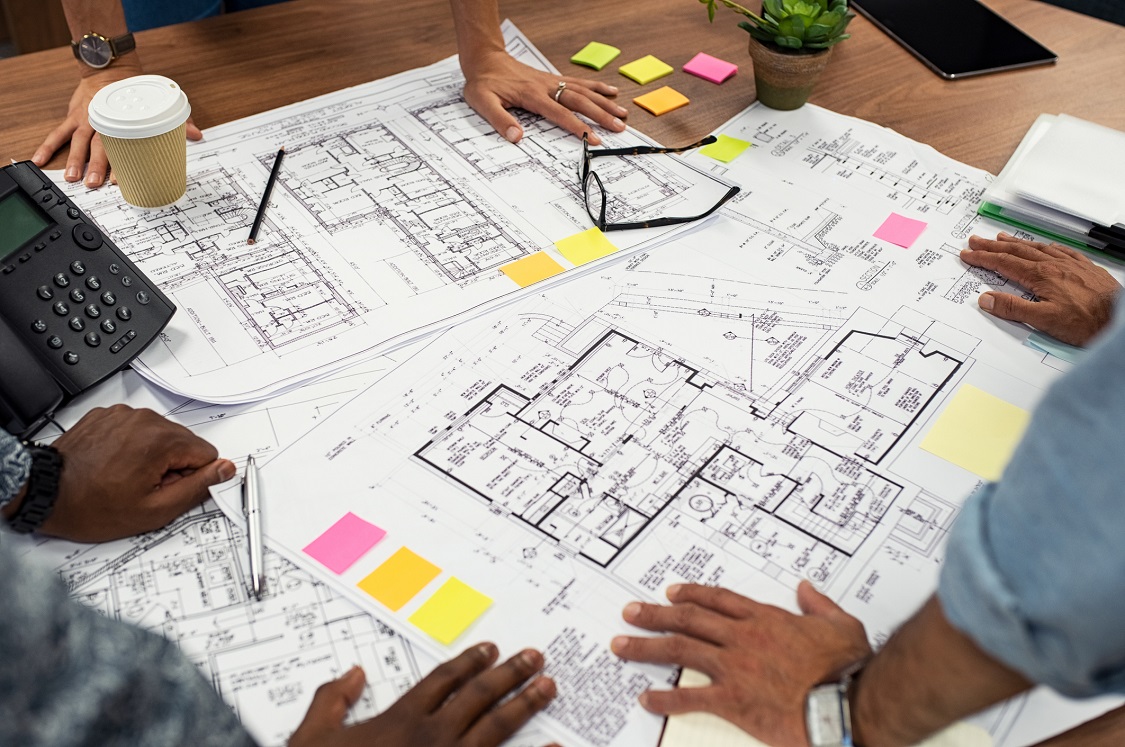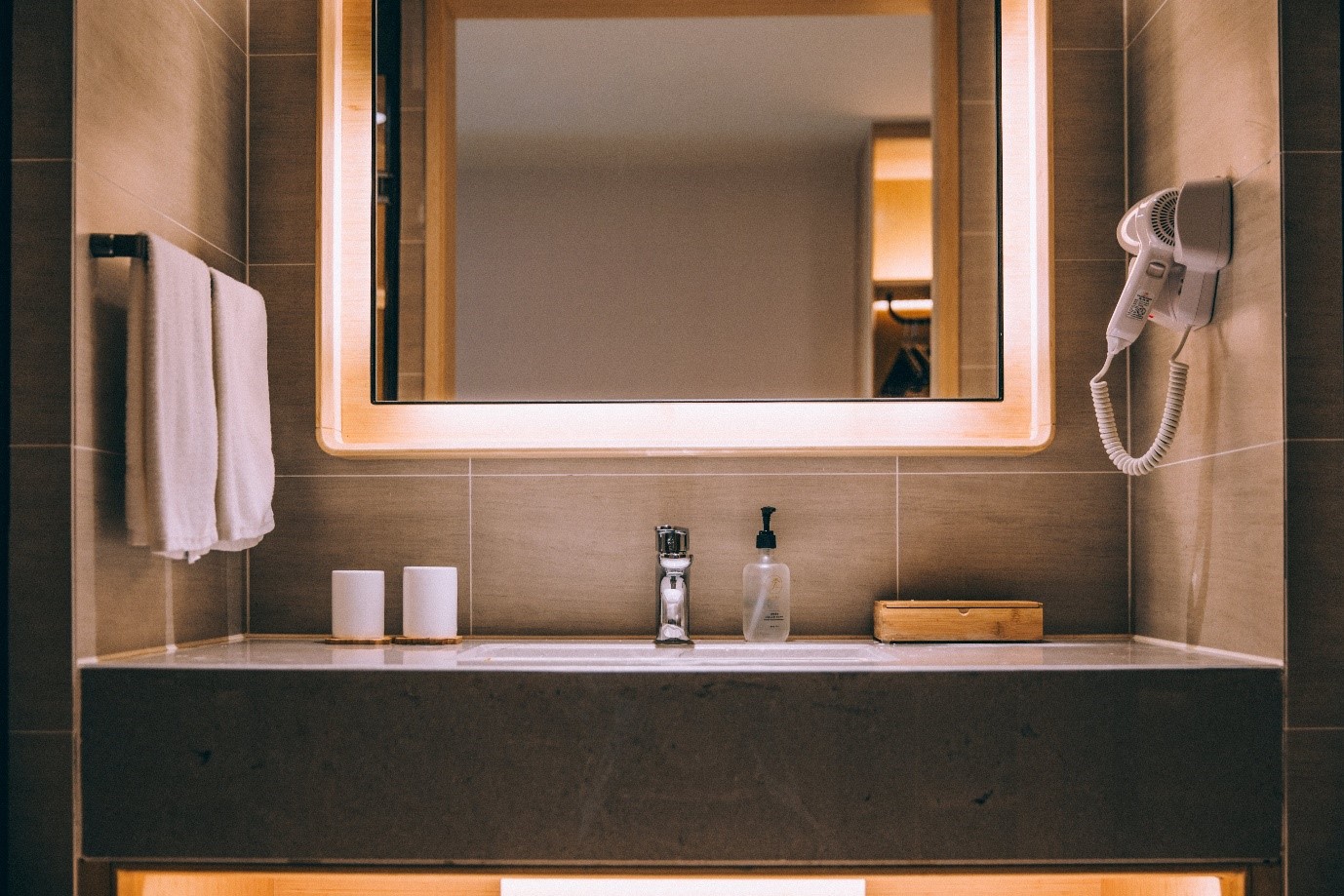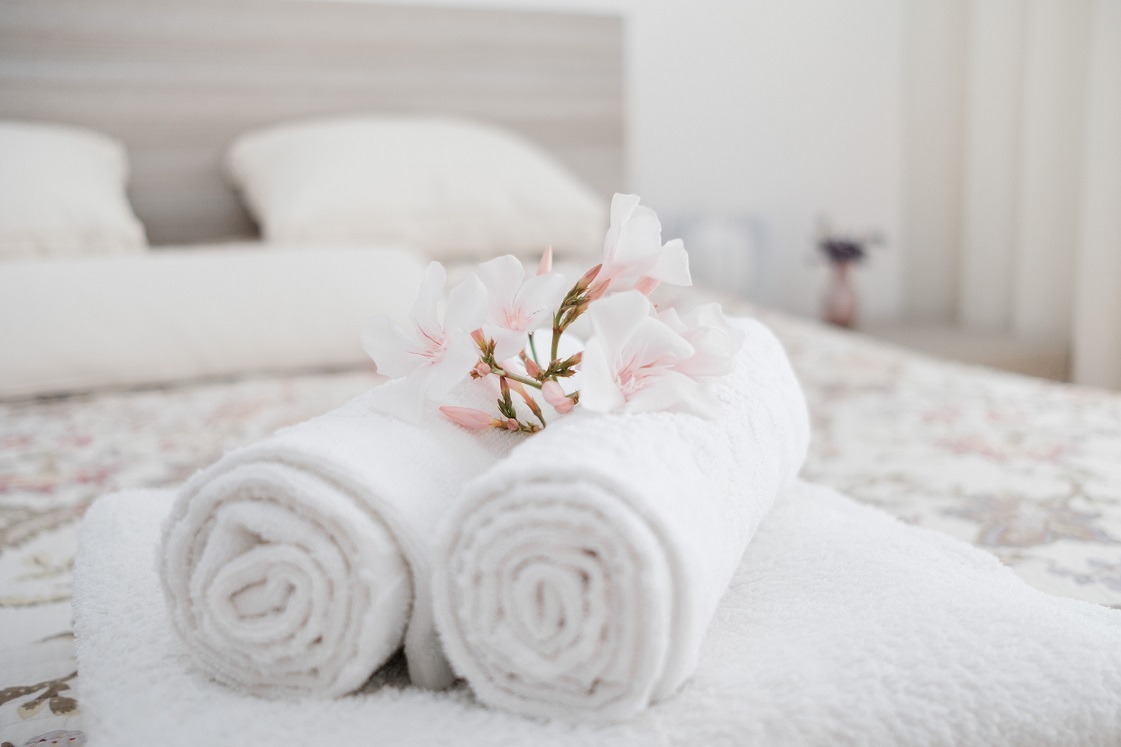Beckie Hatton is a Product Manager at Home Appliance Care, so she understands exactly how important it is to have safe and efficient electrical appliances. Here, she offers her advice to B&B owners who want to follow the rules and keep guests safe.
All B&B owners have a legal responsibility to safeguard the public and their employees from harm (legislation.gov.uk). More specifically, you must make sure your electrical appliances are well-maintained and fit for purpose to prevent fires, gas leaks, electric shocks, and other disasters.
Small hospitality businesses that fail in their legal obligations can face serious consequences, from penalties and lawsuits to property damage and fatalities. So, it’s important to stay on top of maintaining the electrical appliances in your kitchen, guest rooms, and communal areas to keep your guests safe.
Below, I’ll be sharing some of my tips for making sure the appliances in your B&B are safe to use.
Which appliances to check
Any utensils and appliances that are battery operated or can be plugged into the mains must be well maintained and regularly reviewed. You should check them for signs or wear or damage at least once every month as part of your fire risk assessment (gov.uk), and they will have to be serviced or PAT tested every 6-12 months to be declared fit for use (pat.org.uk).
When you first think about which appliances in your B&B could be considered high-risk, most people rightly think of ovens, toasters and straighteners that are designed to heat up. But washing machines and tumble dryers account for more than a third of domestic fires, significantly more than cookers (11%), so it’s crucial that you keep on top of the maintenance of these appliances in particular (Which?).
Should I call an engineer?
You should contact an electrical engineer if you have any concerns about the internal wiring of your appliances rather than attempt to fix them yourself. Tampering with electrical systems can cause injuries or fatalities, and if you don’t have the right tools or knowledge you could put yourself and everyone else on the premises at risk.
Plus, tampering with your appliances usually voids their warranty and your insurance policy, so you’ll have to cover the cost of repairing and replacing any damaged machines. It’s safer and cheaper overall to let the professionals deal with it instead.
Common faults to watch out for
External issues like loose plugs, switches and outlets can often be amended by a quick screw retightening, and you can also replace any broken casings yourself using just basic tools and knowledge — but you must switch off and unplug everything first so there’s no electrical current.
If you notice your plugs, outlets and switches are getting warm, it could be a wiring issue that can cause a fire if not immediately fixed. In this case, these will need to be repaired or replaced as soon as possible and you should not attempt to use the appliance while you wait for the electrician.
Flickering lights or displays on your appliances, as well as your bulbs burning out too quickly, can be indicators that there is a loose connection somewhere inside the machine. If you notice any of these problems, you should stop using the appliance and call a professional immediately.
How to look after your appliances
Never skip your monthly fire risk assessments, annual services, or scheduled PAT tests. Fires and other electrical dangers don’t just happen as the result of faulty products — appliances that aren’t properly maintained pose a risk too. Failing to clean them properly, check them over regularly, and take care of small problems can lead to huge disasters, so you must have adequate maintenance strategies in place to tackle all these issues.
Encourage your kitchen staff to clean appliances at the beginning and end of each day to prevent build ups of food crumbs, grease and other debris — just be sure that they follow the manufacturer’s instructions for doing this safely. Cleaning in a way the manual suggests will also protect your appliances from corrosive damage which can lead to electrical issues, such as loose wiring. So, hang onto your user manuals and double check all their cleaning practices are compliant with the manufacturer’s suggestions.
These are just some of the ways you can make sure the appliances in your B&B are as safe as possible. By giving them a quick look over as often as you can and promptly reporting any issues to an electrician, your appliances can be safe for use and you can get on with managing your guesthouse.



